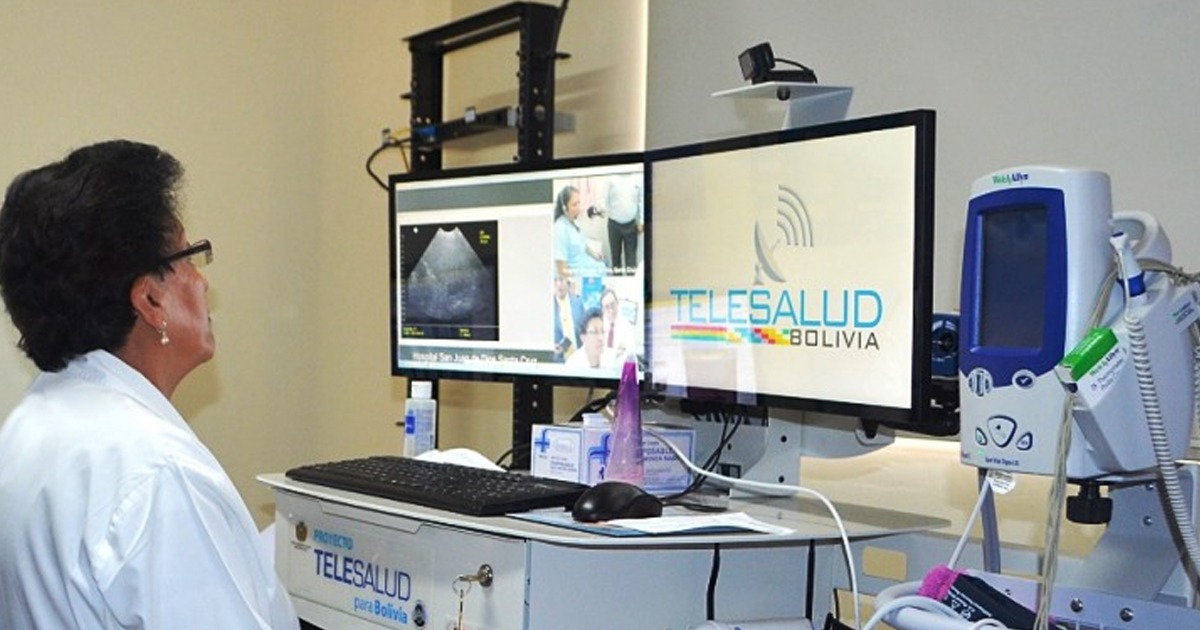Interoperability is key for health systems to expand access to information and promote communication and data exchange between organizations.
Interoperability is one of the most important terms in Digital Health today. The term refers to information exchange systems and the European Commission defined it as "the capacity of technology, information and communication (ICT) systems, and the processes they support, to exchange data and share information and knowledge ”.
The Inter-American Development Bank (IDB) highlights five key points to achieve interoperability:
- First it's important establish an interoperability framework in health systems. Which must contain the policies, rules, regulations, standards and recommendations designed by professionals in the sector.
- Promote the development of information systems and their integration. This means the need to implement solutions and tools that favor the implementation of an interoperable system.
- empower the patient is one of the goals of interoperability. The patient must have control over their data and information, and also have the necessary tools to do so.
- Solve legal and regulatory aspects. Interoperability must conform to existing standards and laws where applicable. This includes technologies such as medical records, digital signatures, among others.
- Training of human resources. Professionals must know how to operate the system and know how to face the challenges of implementation and interoperable systems. In the same way, patients and users must know their usefulness and how they can be used.

"To guarantee the production and longevity of interoperable systems, it is necessary to select the standards to be adopted, as well as the conditions for their implementation," explains the IDB in the 2019 Interoperability for Beginners document.
Governments and organizations must be ready for the implementation of these systems. And its application must be connected with the specific objectives of health systems.
In Latin America there are several experiences of interoperability strategies:
In Argentina, one of the projects is the Argentine Framework for Interoperability in Health (MAS), which has a regional scope; in Uruguay, the Salud.uy Project has a national scope and its main objective is the implementation of electronic medical records; In Chile, the Interoperable Medical Account strategy is a national project at the public and private levels to connect information between service providers.





